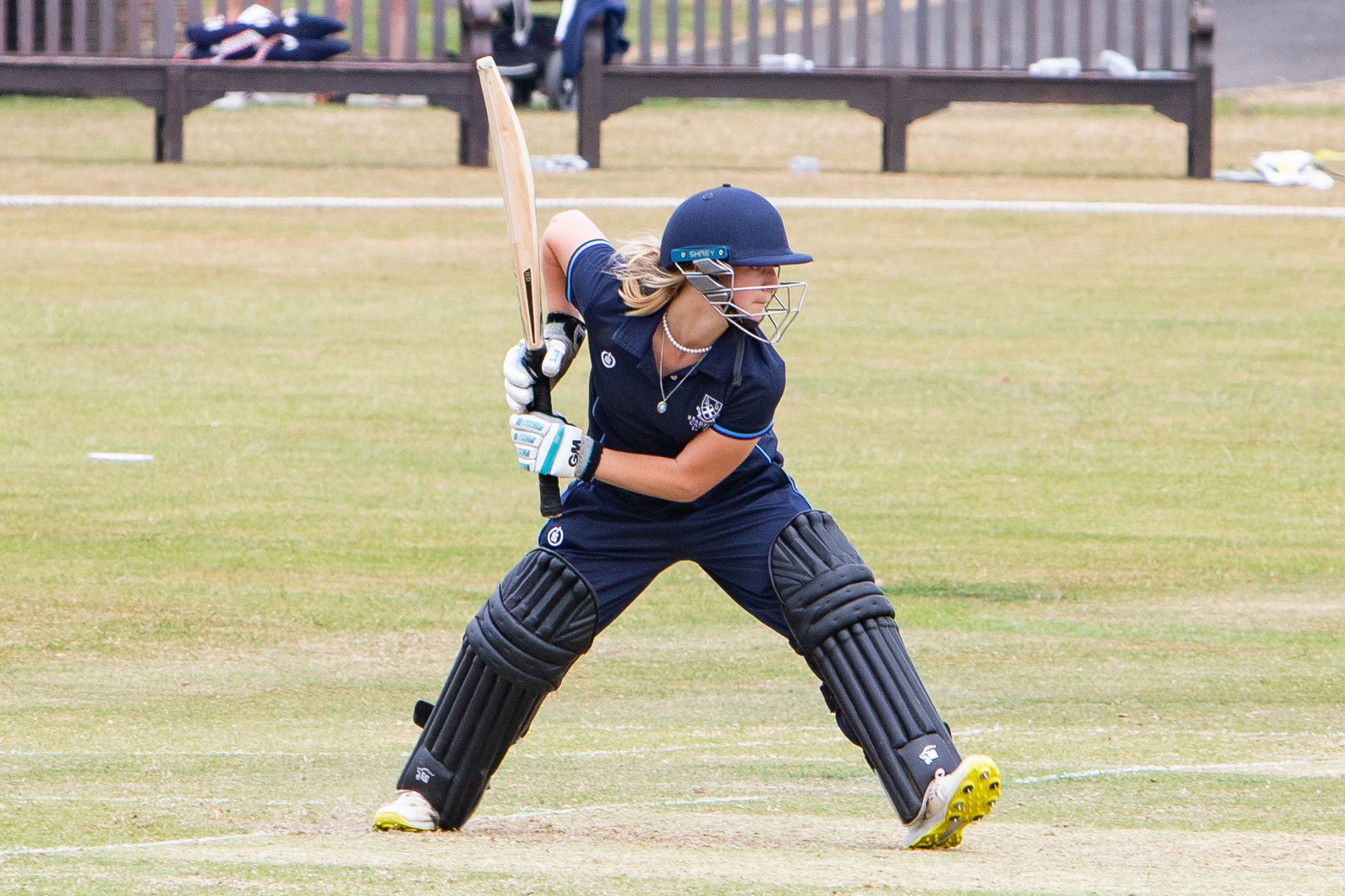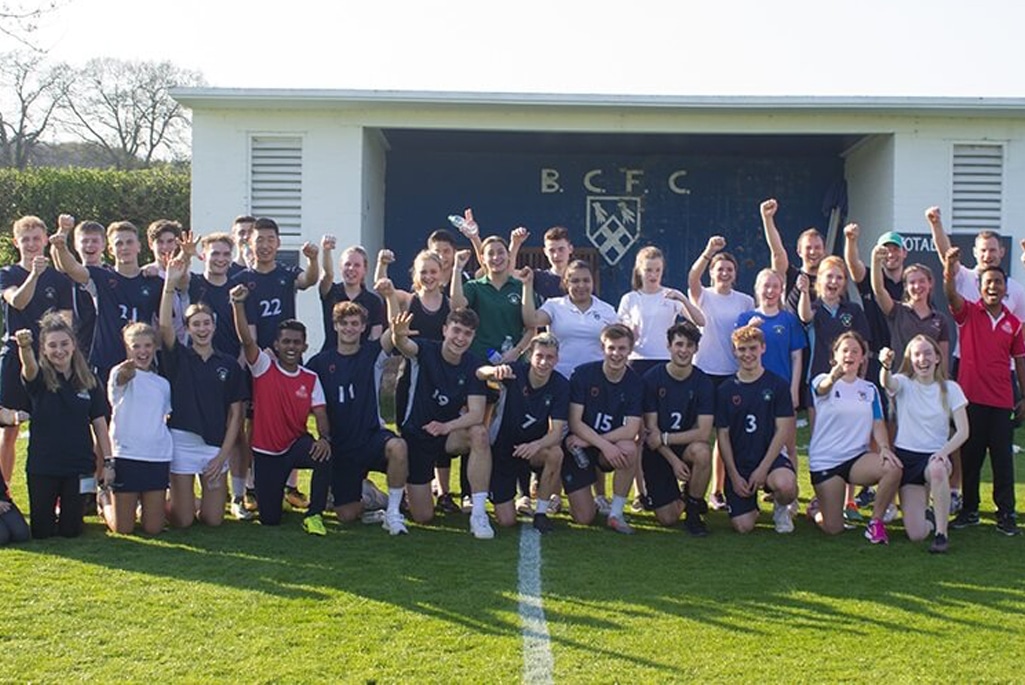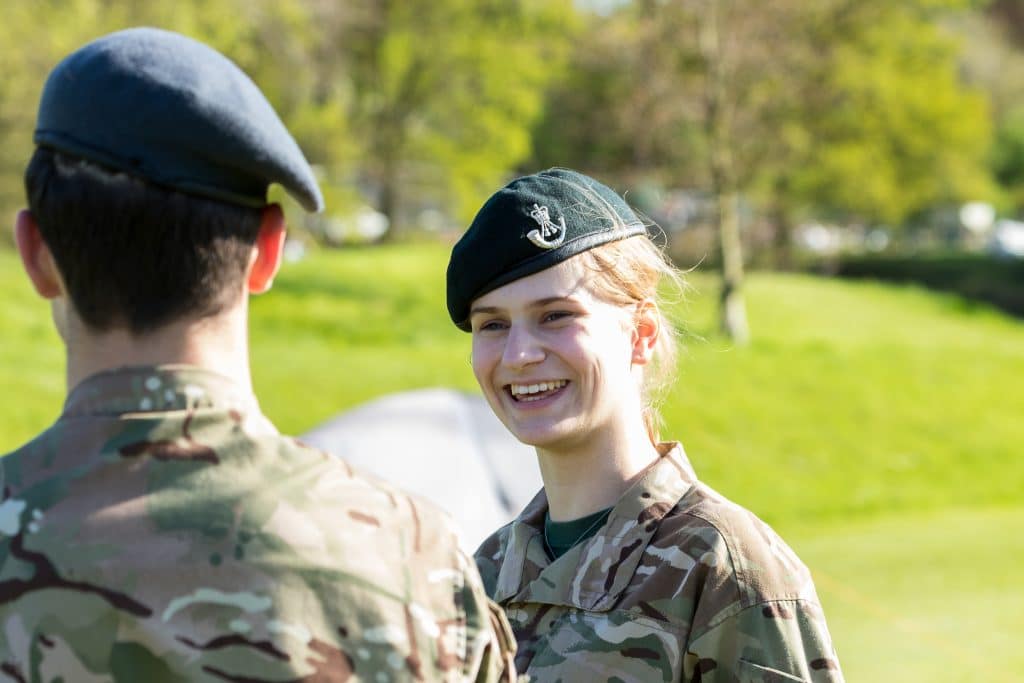
Should school sport be compulsory? If somebody does not know the answer, then either we have failed to engage them in physical activity in a positive way, or they haven’t participated with an open mind and a willingness to admit the benefits.
The benefits of physical exercise
At Bradfield we run timetabled games afternoons on a Tuesday and Thursday and while these are effective in ensuring all pupils do at least some physical activity each week, I believe their role is much more important. They provide the key that unlocks the physical activity door. They create the opportunity for pupils to get involved, to enjoy their experience, and then to be able to walk away and reflect on what they have gained from being involved.
Sport here is one long success story.
Tatler Schools Guide
In my role as Director of Sport, I can help to highlight the benefits: the physical improvements to health and appearance and the associated increase in self-esteem; the chance to remove stress and flood the body with endorphins that make you feel happy; the opportunity to feel a sense of achievement when you develop a skill; or overcome an previously insurmountable opponent… I could go on all day.
Creating well-rounded individuals
While these factors are all important, the key thing for me is that it helps to shape who our pupils are as people. I believe it can influence the core essence of what they believe in and how they act within wider society.
At Bradfield, we are trying to create well-rounded individuals. We want pupils to develop a clear understanding of what it is they need to involve themselves in during their later life, if they are to live a healthy, happy and successful existence when they leave the College.
At Bradfield, we are trying to create well-rounded individuals.
This is where I think sport can add so much. If we refer back to the benefits I touched on earlier, I accept these are important in achieving this, but I do not think they should be looked at solely within a sports setting. I consider experiences and skills learnt on the sports field to be of benefit within the academic, pastoral and other co-curricular settings of College life.
Those important ‘soft skills’
I truly believe that if you find a sport that you love and a group of like-minded peers, the self-esteem you develop from this will transfer into the confidence with which you approach your next lesson.
When you have to work with determination and resilience to reach a challenging fitness goal, I believe this will help you approach your academic studies with the same persistence. When you are put into a team with a bunch of other pupils you don’t know and you learn to communicate effectively and treat them with respect, you will transfer this experience into the way you deal with your peers in the boarding house.
These changes are visible in some but there are others for who these benefits are less obvious. These are the ‘soft-skills’, the ones that are learnt subtly and gradually through constant reminders from your PE teacher in Year 9, right through to your Senior coach in the Sixth Form. There is no eureka moment here, more a gradual improvement in skills and behaviours that over time become habits and eventually help to form part of our pupils’ characters.
One of the most enticing range of minor sports we’ve seen.
The Good Schools Guide
Where is the evidence I hear you say? No doubt, it is hard to quantify the positive impact, but for me, it is through observing the way our senior pupils act and the values they display, not only on the sports field but also in the classroom, in the corridors and in their boarding houses.
I guess the only real way to find out would be to take physical activity away and then sit back and see the potential negative effect this had…luckily at Bradfield there is no chance of this happening!



